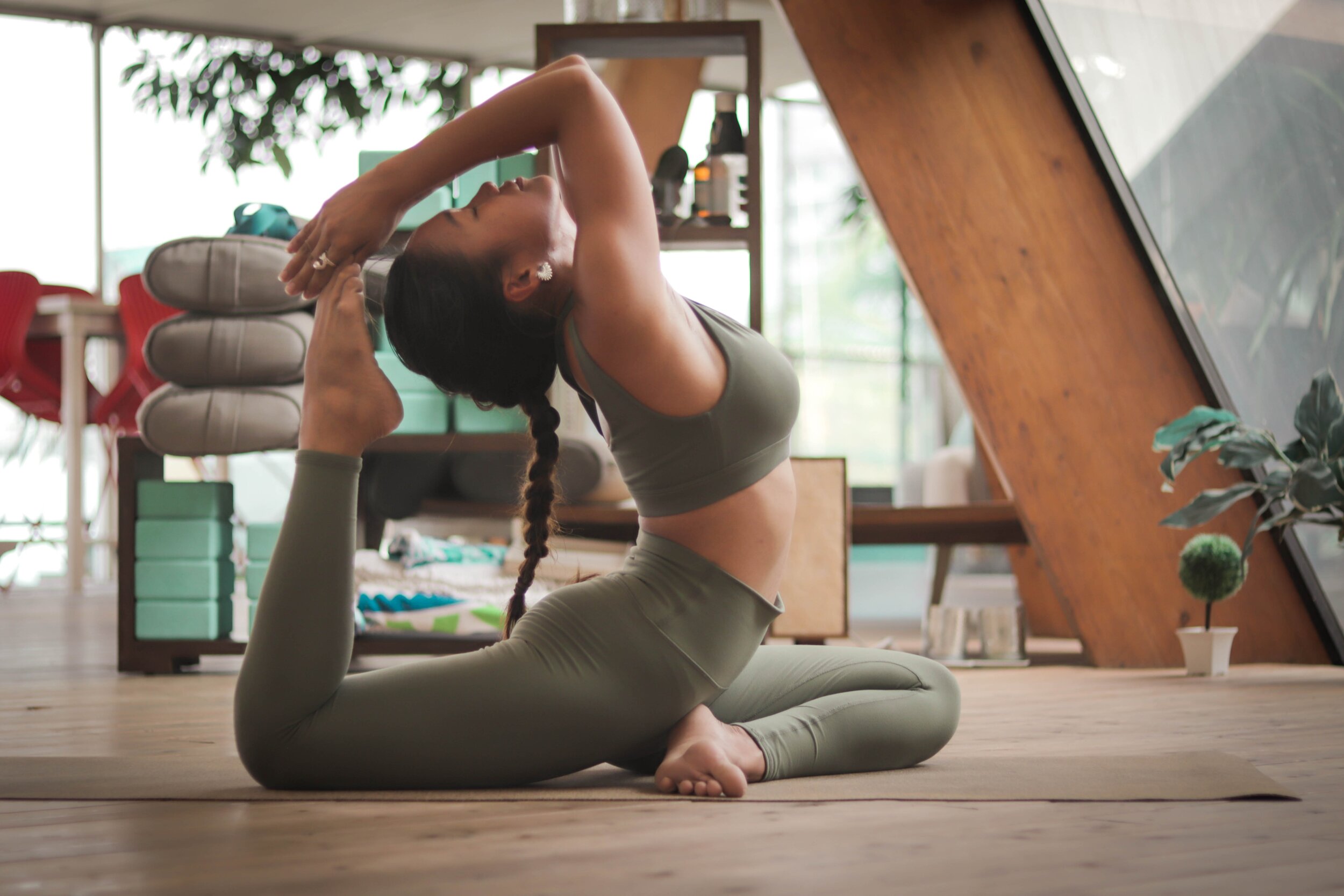4 Tips for Practicing Yoga for Mental Health
The COVID-19 pandemic has certainly changed our physical fitness regimes, for better or for worse. I definitely miss attending my yoga and pilates classes; my mind and body always feel refreshed afterwards, and I love the social element of grabbing a cup of coffee with a friend after class.
But despite these big changes, I’ve noticed one important improvement: Access. Workout classes have moved from now-shuttered studios to online platforms like Zoom and Youtube, with many offered for free. This could be a game-changer for people wanting to reap the physical and mental health benefits of practices like yoga, especially during these stressful and unprecedented times.
But with seemingly infinite options for classes and studios, you may also be left wondering: Which teacher is a good fit for me? And which type of class will make me feel better right now? I recently read new research that can help answer these questions; keep reading to find out below!
Image source: Carl Barcelo on Unsplash
In March 2020, Dr. Crystal Park, a professor of psychology at the University of Connecticut who runs the Spirituality, Meaning, and Health Lab, released a study examining how different types of yoga affected mood and emotional well-being. Whereas previous yoga research looked at how all types of yoga affected participants, Dr. Park examined how mindfulness, body consciousness, self-transcendence, spirituality, and social connectedness were ignited -- or not -- during certain types of yoga classes. What Dr. Park and her team found adds scientific backing to feelings many yogis might already know: Different types of yoga classes can impact your mood differently. Ultimately, Dr. Park’s study posits that we can begin to match our psychological needs to certain kinds of yoga classes.
What’s Your Mood?
If you’re feeling emotionally depleted, choose a class that includes spiritual dialogue. Although many American-based yoga classes don’t include a spiritual element, yoga was originally designed for spiritual liberation, Dr. Park writes. Thus, she recommends looking for classes that offer “a sense of internal peace and harmony, or a sense of meaning,” especially if you’re emotionally spent. These classes are likely to promote self-transcendence and mindfulness.
If you’re feeling isolated, choose a class with a welcoming teacher and synchronized movement -- for example, try seeking out a Zoom-style vinyasa flow class where you can see other people moving with you, and where you sense the teacher is invested in your practice and progress. There’s still more research needed to understand the effects of working out in virtual settings, but attending a class with a familiar group of people may also help you feel more connected.
If you’re feeling low-energy, choose a rigorous yoga class. This might sound counterintuitive -- when I feel low energy, all I want to do is curl up on the couch with a cup of tea and a Netflix show! -- but Dr. Park writes that “the more challenging the class, the less exhausted people felt.” To this end, choose a yoga class in a style like vinyasa, Bikram, or Baptiste, which may ask you to tackle poses you’ve never done before.
If you’re feeling anxious, choose a class that includes breath work and restorative poses in order to become more relaxed, calm, and grounded. Breath work -- or spending time focusing on your inhales and exhales -- was specifically tied to increased well-being, emotional balance, and positive emotions in the study. Choose a class that involves restorative exercises like savasana, reclined poses, gentle inversions, and slower movement.
Practicing Yoga for Mental Health
No matter the style of yoga, Dr. Park and her team saw positive effects for all the study’s participants after just one hour-long yoga session. In times like these, when we’re struggling to get our health needs met, practicing yoga can be a great mental health resource. In fact, whenever I feel stressed or worried, yoga offers a terrific way to get help -- even if my classes have been moved online.
Do you practice yoga? How does it impact your mood? Let us know in the comments below!
